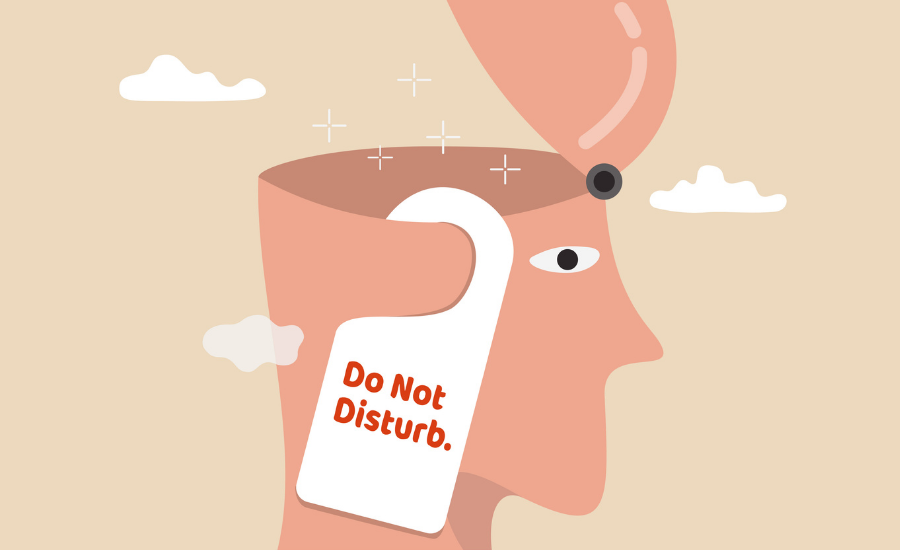How often do you check your phone?
A recent study revealed that people check their smartphones an average of 58 times per day. Almost half of that time is while we’re at work!
Most of us regularly experience the distraction of our cellphones. You’re at work, deep into a report you need to finish, but you’re continually distracted by the incessant pinging, ringing, dinging and buzzing emanating from your phone, and the pop-up messages appearing on your computer screen. These notifications imply a sense of urgency, luring our attention away, though rarely is the incoming message so important it can’t wait. Yet they seem so important, 83% of people admit to checking their cell phones while in the bathroom!
We are inundated with digital communication tools, through a seemingly endless list including Facebook, Instagram, Twitter, LinkedIn, Slack, Messenger, texts, email, phone calls, voicemails and more. Add to that list the notifications coming from other apps on your phone, like flashing news updates, weather reports, and sales messages from online shops. The average person has about 40 apps installed on their phone, with most clamouring for our attention through notifications.
What makes our cellphone so irresistible?
Is it the instant gratification of seeing how many ‘likes’ your latest Facebook post or Instagram story got? According to a Harvard study, it could be that rush of dopamine triggered by the social stimuli that creates a drug-like addictive behaviour.
Constantly being tethered to our phone and all its notifications can be unhealthy, reducing our ability to concentrate and increasing our stress levels. The instinct to check after every ping is not good for the heart either. Choose to put your mind, heart, and health at peace by turning off all notifications for just 24 hours; even that short amount of time can produce benefits, and you may find you sleep better, too.
Tips to break your cellphone habit:
Turn off the notifications: Go to the ‘Settings’ on your phone, and review your notifications. While there may be some apps you just can’t quit, most of them can be turned off – or at the very least, turn the sound notifications silenced.
Downloading a new app? Each time you download a new app, check your settings. Most downloads default to allow them to send you notifications in multiple forms.
Set your email to ‘fetch:’ Emails can be very distracting. Set your emails to update only when you choose to download them. If you can, restrict the number of times you check your email each day. Constantly checking for new emails robs your focus.
Use the Focus option found in the settings on your phone: The ‘Do Not Disturb’ option is a valuable tool, as is setting a ‘sleep schedule’ on your phone.
Leave your phone on mute. Try it for a few hours and note the difference.
Set a schedule: Try to establish certain times of the day for certain tasks like checking social media.
Set a timer: It’s easy to fall down the rabbit hole on social media, only to realize that an hour has passed. Setting a timer can help you monitor how much time you’re spending endlessly scrolling.
Put your phone away: Don’t have it sitting beside you where it’s like a beacon of desire. Leave it in your purse, your pocket, in another room, or put it in a ‘time out’ box. There are even time-locked containers available for sale to help you resist the temptation to reach for your phone!
There’s an app for that! While it may seem counterintuitive to download a new app, there are several that can assist you in avoiding distractions, and help get your social media usage and screen time under control.
Disengage to re-engage
While this digital world we live in has made it easier to stay connected, it may also be robbing us of feeling truly connected. Facebook or Instagram often only show highlights of your friends’ life. Use that time to call or FaceTime them instead to create a more genuine connection.
Reducing your time spent on social media can have other benefits, too. All that time scrolling can trigger comparisonitis and be detrimental to our mental wellness. Learn more in our January 2022 blog: Kick Comparisonitis to the curb.


